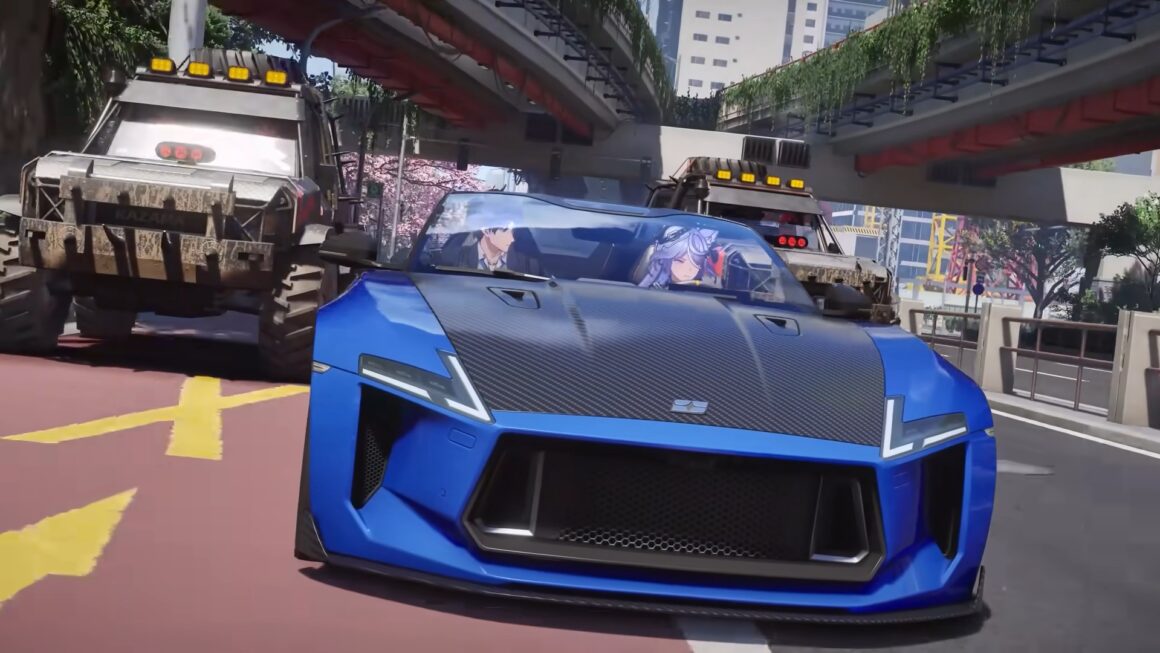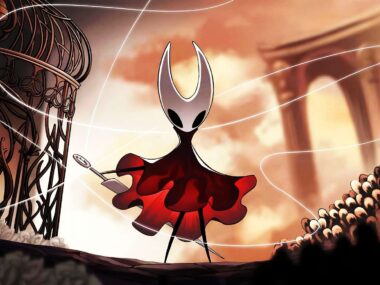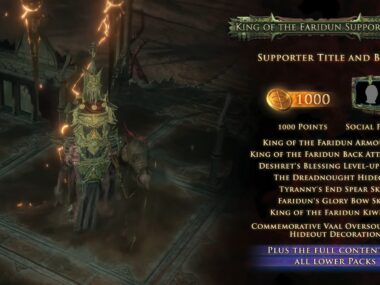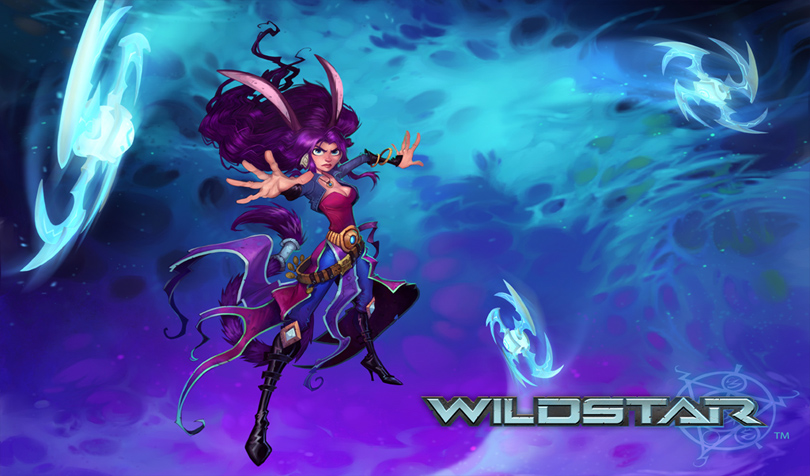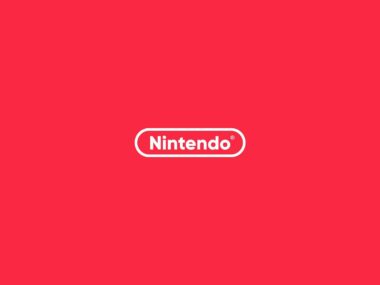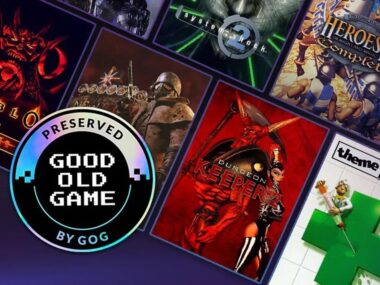First Impressions
When I saw the first trailer for Ananta, I thought it looked interesting. Then came the extended gameplay trailer… well… just look for yourself:
You can see obvious inspiration from Spider-Man, Batman, Genshin Impact, GTA V, Watch Dogs, Uncharted… probably more if you look closely. It’s like all the biggest games rolled into one without turning into a hot mess. Instead, it feels intentional, like a studio trying to mash every popular mechanic into one sprawling urban playground.
That raises a bigger question: is Ananta the future of open-world games or just another collage of familiar ideas?
What Is Ananta?
Ananta is a free-to-play open-world RPG with anime-inspired visuals. It’s developed by Naked Rain (Hangzhou) with support from NetEase Montreal. Built on Unity 6 with a team of around 700–800 people. The game is set in Nova Inception Urbs, a Japanese-inspired city full of beaches, amusement parks, and industrial zones. Future expansions are planned for European and American cityscapes.
You play as an Infinite Trigger, a supernatural investigator recovering lost memories. The main enemy are chaotic forces known as Chaos. Game combat features a squad system, where players control a team of four characters. Early footage and trailers have shown the following characters: Taffy, Bansy, Alan, Mechanika, Dila, Ringo, Aileen, and Lykaia. Each has their own unique abilities that affect how battles and exploration unfold.
It’s an anime spectacle meets sprawling city design, stitched together by a supernatural storyline. It feels inspired by Chainsaw Man and Jujutsu Kaisen as well as Batman: Arkham or Yakuza.
A Different Monetization Model
Unlike Genshin Impact or Zenless Zone Zero, Ananta isn’t built on gacha mechanics. Characters aren’t locked behind chance pulls or paywalls. They’re unlocked through gameplay.
The game is monetized by cosmetics: outfits, vehicle skins, furniture, home decorations. No gameplay advantage. No pay-to-win. No gacha lotteries. That alone is enough to make Ananta stand out in today’s market. Players are tired of predatory monetization.
Since the game will be free-to-play, the barrier to entry is almost nonexistent. If it delivers, millions could jump in on day one.
The Big Questions About Gameplay
As impressive as the trailers look, they also left me with concerns.
The extended gameplay trailer was full of action, but I didn’t see a single dialogue choice. That raises the question: do players actually have meaningful interaction with the world, or are we just watching cutscenes and pressing buttons to advance a story we don’t control?
In the US, when a game is described as an “open world RPG”, it is easy to think of Skyrim, Witcher 3 or Baldur’s Gate 3. Obviously, there is an audience for a Grand Theft auto type of storytelling where the player is along for the ride. Some players welcome it. They don’t want the heavy burden that can come with the choices one has to me in RPGs.
Then there’s the question of the main character. Genshin Impact lets players pick between a male and female lead. Earlier Ananta footage (back when it was called Project Mugen) showed a female protagonist swinging through the city. So far, official trailers have only shown a male lead. Is that a creative decision or just a delayed reveal? Considering the game’s monetization relies on cosmetics, it would be strange not to give players the freedom to pick.
Beyond the cinematic flair, what about the nuts and bolts of the game? Exploration? Questing? Crafting? A leveling system? Can we switch combat styles? For example, from fists to blades? The cutscenes look incredible, but no game can keep up that level of intensity nonstop.
Ananta vs. GTA 6
Here’s where things get really interesting.
For years, the entire industry has been waiting on GTA 6. Not only because of Rockstar’s reputation, but also because many expect it to set the new “box price” for AAA games. If GTA 6 launches at $80 or more, the rest of the industry might follow.
Ananta throws a wrench in that model. It borrows GTA V’s open-world style but flips the narrative: instead of playing the “bad guy,” you’re the hero. That could attract both players who love heroic themes and those who were always turned off by GTA’s darker tone. Add to that the fact Ananta is free-to-play, and suddenly it has the potential to siphon off a massive chunk of the GTA audience.
This is the kind of competition that forces the industry to adapt.
Why Ananta Matters
The more I think about Ananta, the more questions I have. That’s not a bad thing. The industry needs a shake-up. We’ve been living in an era where publishers double-dip with box prices and microtransactions, while creativity often takes a back seat to risk management.
If Ananta succeeds… if it’s genuinely fun, if it draws millions, if it proves a game can survive on cosmetics alone, it could force other developers to rethink how they make and sell games. No box price plus cosmetics could become the new standard.
That would be a win/win for players and developers alike.
Ananta is shaping up to be more than just a mash-up of other games. It could be the title that challenges the traditional pricing model and pushes the industry in a new direction. For all its ambition, the big unanswered question remains: will players have real freedom in how they experience its world or will it just be a flashy ride along someone else’s story?
If it delivers, Ananta won’t just be another open-world RPG. It could be the game that resets the rules.
